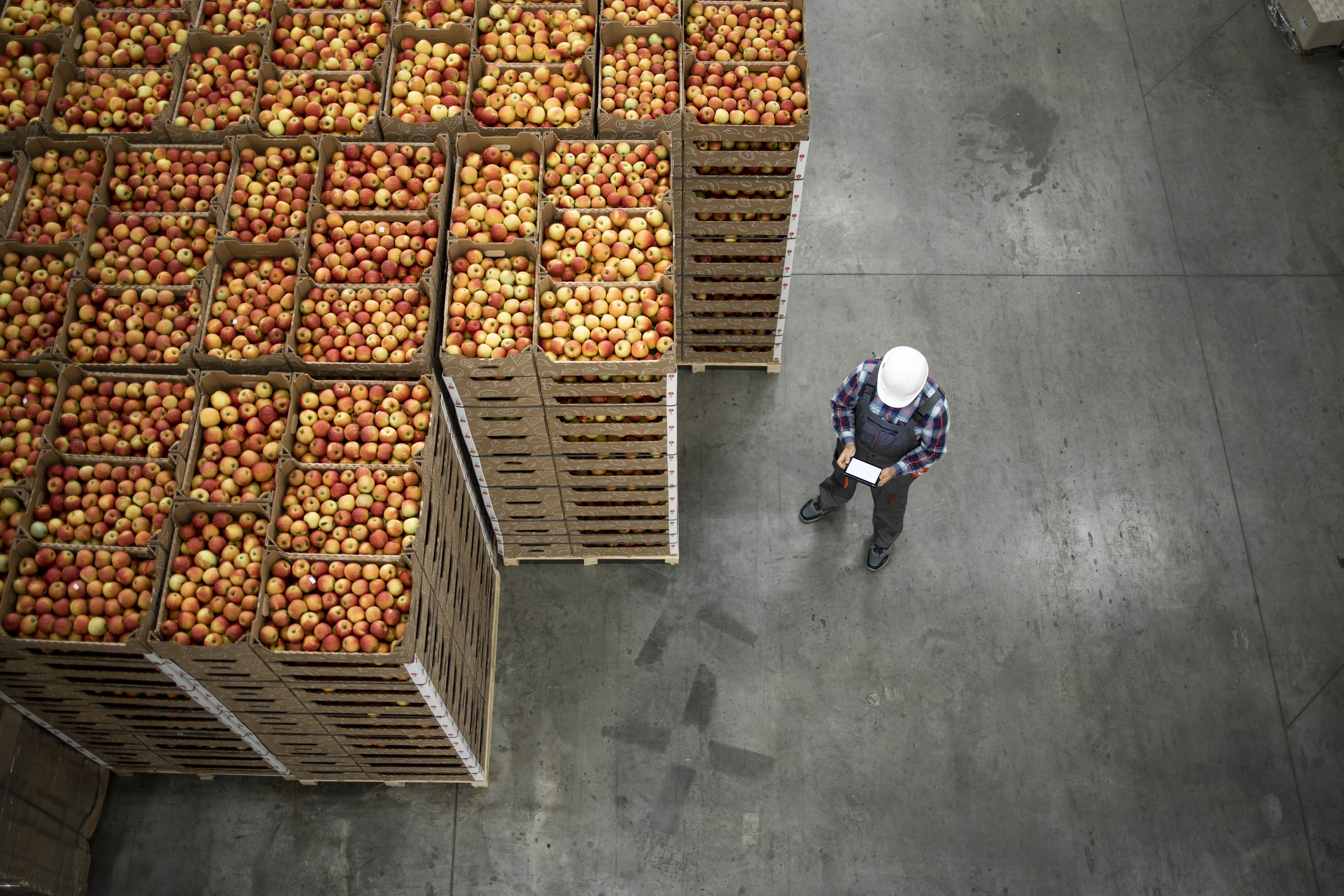Tracking the Right Metrics for an Efficient Food Supply Chain

To properly maintain a business and its supply chain activities, it’s important to have a thorough grasp of your operations and aim for continuous improvement. Tracking relevant metrics can give insight into performance, which is key to improving efficiency.
This blog post will look at the significance of measuring performance and go over important metrics supply chain businesses should pay attention to. We’ll also look at how Silo can empower businesses and provide the working capital needed to improve key metrics.
Why measuring efficiency is important
The practice of measuring and analyzing the efficiency of a business’ supply chain activities is known as supply chain performance measurement. This practice allows businesses to find opportunities for development, optimize their operations, and drive growth by reviewing certain indicators.
Monitoring efficiency becomes even more crucial when it comes to food businesses, where freshness, quality, and prompt delivery are critical.
Important metrics for an efficient food supply chain
Here are the food supply chain metrics that matter the most.
1. Cash Conversion Cycle (CCC)
Cash Conversion Cycle (CCC) measures how efficient a business’ operations are by allowing insight into how long it takes to reconvert investments into working capital. This metric is central to helping businesses better manage cash flow.
One way to improve this metric is by applying technology and capital to each area of the CCC. Fintech platforms, in particular, can offer alternative financing solutions and help with ensuring that a business stays financially healthy, speeding up a business’ CCC and enhancing overall outcomes.
2. Order cycle time
Important metrics in supply chain management also include order cycle time, which tracks the amount of time it takes to process an order from when it’s placed to when it’s delivered.
It’s critical for businesses to reduce order cycle time to guarantee the freshness and quality of their items.
By monitoring this metric, businesses can spot bottlenecks in their processes and make any required changes to improve operations, whether it’s streamlining transportation routes or improving communication with vendors.
3. Delivery on-time
On-time delivery is also one of the most vital metrics in supply chain performance. Late deliveries can lead to spoiled food, disgruntled customers, and significant financial losses.
Businesses can identify recurring issues and adopt remedial actions by monitoring on-time delivery rates. This indicator is especially crucial for maintaining good ties with vendors and guaranteeing customer satisfaction.
4. Inventory turnover
Inventory turnover measures how many times inventory is sold and replaced in a certain time period. Optimizing inventory turnover is critical, especially when perishable items are involved.
Excess inventory consumes resources and increases the risk of spoilage, while inadequate inventory results in lost sales opportunities. Businesses need to strike the appropriate balance by monitoring this metric and optimizing inventory, ensuring that they have adequate stock to fulfill demand without incurring needless expenditures.
5. Forecast accuracy
Vital supply chain performance metrics include forecast accuracy. Forecast accuracy evaluates the difference between projected and actual demand.
A solid prediction is important because in the food industry, demand varies, owing to variables like seasonality and market trends.
Businesses can boost production, eliminate waste, and make better-informed choices regarding inventory management and procurement by enhancing forecast accuracy.
Silo is empowering businesses in the food supply chain
Needless to say, businesses operating in the supply chain must accurately measure the right metrics to enhance performance. As the food industry relies on efficiency and on-time delivery, metrics supply chains measure should be focused on financial capability, timeliness, and accuracy.
Businesses can achieve growth that’s both faster and more sustainable by monitoring the aforementioned metrics and making use of data-driven solutions.
Looking for a way to improve your business metrics? Consider fintech solutions like Silo, which has been designed with the needs of small and medium-sized businesses in mind. Silo provides the tools and financial insight necessary to allow businesses to improve cash flow and overall operational health.
Silo Capital provides businesses with simple and discreet access to working capital to accelerate growth. It’s a modern solution to traditional financing, with repayment terms tailored to your business needs.
Businesses operating in the supply chain can thrive by adopting Silo's future-forward solutions, which allow you to weather market downturns, capitalize on growth opportunities, and traverse the industry's competitive terrain.
Book a demo with Silo today!
Want to book a demo with us?
Add your info and we’ll get one scheduled with you.